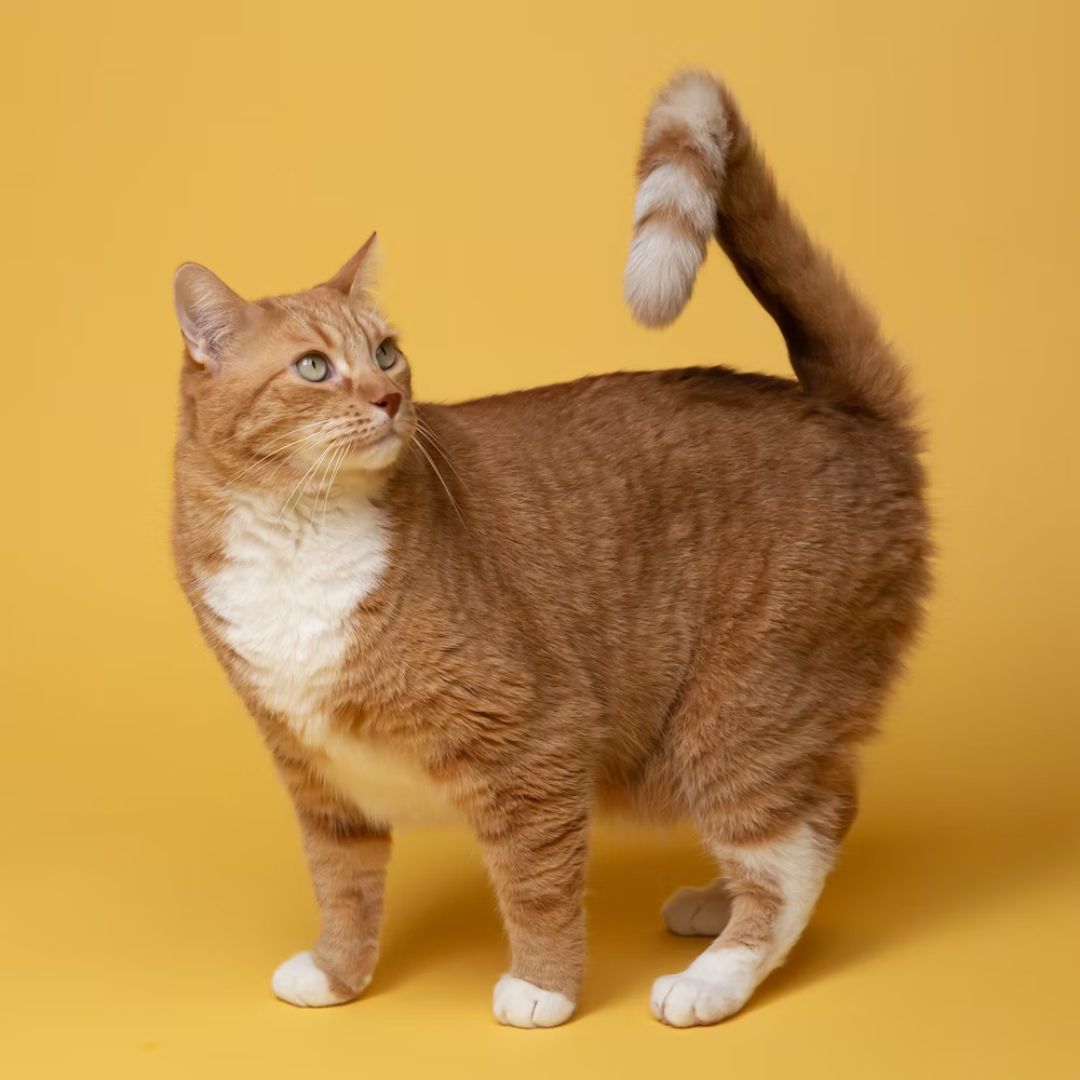
Why Does My Cat Fart On Me?
Share
Introduction:
Cats are mysterious creatures with behaviors that often leave their human companions puzzled. While the majority of these behaviors are endearing or amusing, some can be downright perplexing. One such behavior that may leave cat owners scratching their heads is the occasional, and often embarrassing, phenomenon of cat flatulence. In this blog, we delve into the curious world of feline gas, exploring why cats might choose their human companions as the unsuspecting recipients of their toots.
Natural Biological Functions:
Much like humans, cats are complex living organisms with inherent biological processes, one of which is the natural occurrence of flatulence. As a routine part of a cat's digestive system, the breakdown of consumed food releases gases as byproducts. Typically, these gases are expelled harmlessly, but occasionally, to the surprise of their human companions, cats may choose less conventional outlets.
Diet and Digestive Sensitivity:
The composition of a cat's diet significantly influences the frequency and intensity of flatulence. Cats are obligate carnivores, meaning their optimal diet consists primarily of meat. However, some commercially available cat foods may contain ingredients that challenge a cat's digestive system, resulting in increased gas production. Furthermore, abrupt changes in diet or the consumption of specific foods can trigger flatulence in cats. If your feline friend has recently transitioned to a different food, their digestive system may require a period of adjustment.
Gastrointestinal Issues:
While occasional flatulence is normal, persistent or excessively foul-smelling gas might indicate underlying gastrointestinal issues. Cats, like humans, can suffer from gastrointestinal problems such as irritable bowel syndrome (IBS) or inflammatory bowel disease (IBD). These conditions can lead to increased gas production and discomfort for your feline companion, prompting them to seek comfort in the proximity of their trusted human.
Seeking Attention or Affection:
Cats are known for their independent nature, but they also seek attention and affection from their human companions. Flatulence, in some cases, may be a way for cats to communicate their need for attention. They may have learned that releasing gas near their owners garners a unique response or extra cuddles. This behavior, although peculiar, might be a quirky form of communication in the feline world.
Cats, like humans, experience stress due to changes in their environment, new additions, or disruptions in routines. Stress affects a cat's digestive system, potentially causing increased flatulence. Seeking comfort, cats may draw closer to their humans, unintentionally sharing the effects of stress through unexpected gas releases.
In conclusion, understanding the multifaceted factors involved helps cat owners navigate this peculiar aspect of feline behavior. Cats have motivations for their unique communication style, from natural biological functions to dietary considerations and emotional expressions. Balancing a healthy diet, regular vet check-ups, and understanding your cat's individuality can strengthen the bond, even amid the occasional unexpected toot.
